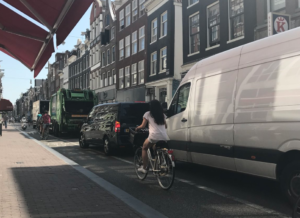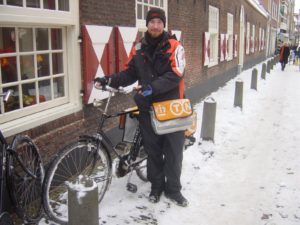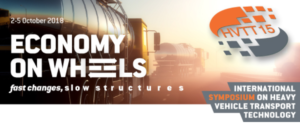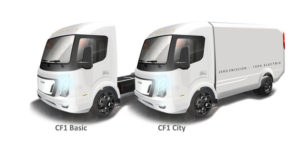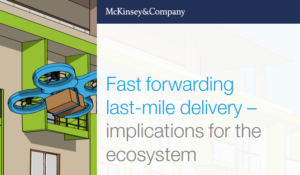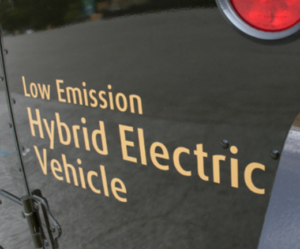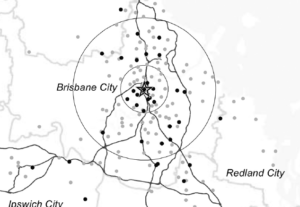UK government supports cargo bikes with £2m
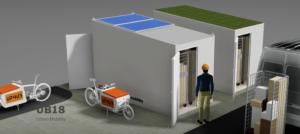
There is an increasing use of diesel vans to cater to the e-commerce boom. The UK government has announced £2 million to support the uptake of e-cargo bikes, driving UK companies towards a greener future. Department for Transport (DfT) officials made the announcement as part of the international Zero Emission Vehicle Summit in Birmingham.

